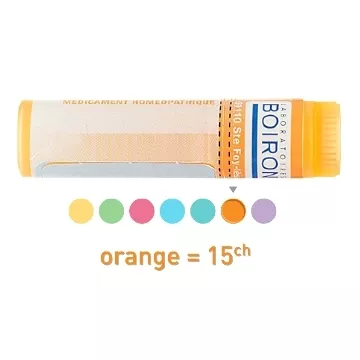



Restlessness is a condition that affects a considerable number of people around the world, manifesting itself in excessive nervousness, an inability to stay put, and often, hyperactive behavior. This condition can result from a wide range of factors, including psychological stress, chemical imbalances in the brain, the side effects of certain medications, or sleep deprivation. A thorough understanding of agitation, its causes and symptoms, as well as methods of management and treatment, is essential to improving the quality of life of those affected.
What is agitation?
Agitation is a state of excessive nervousness or excitability, often manifested by uncontrolled physical movements or an inability to stay still. This state can be caused by a multitude of factors, ranging from psychological stress to specific medical conditions. Understanding agitation is crucial to identifying the best management and treatment strategies.
What are the main causes of agitation?
Agitation can be triggered by a number of factors, including:
How can agitation be managed?
Managing agitation often involves a combination of strategies, such as :
When should I seek professional help?
It's important to seek professional help if agitation :
What are the symptoms of agitation?
Symptoms of agitation may vary from person to person, but generally include:
Identifying these symptoms is essential to managing agitation and preventing it from escalating into more severe states.
Can agitation be prevented?
Although it is not always possible to prevent agitation, certain practices can help reduce the risk of its occurrence:
Can children suffer from agitation?
Yes, children can also experience restlessness. In young children, this can manifest itself as irritability, excessive crying, difficulty sitting still during calm periods, or hyperactive behavior. It's important to consult a pediatrician or children's mental health specialist to assess and manage agitation in young people.
How is agitation treated?
Treatment of agitation depends on its underlying cause:
What is the link between agitation and other psychological disorders?
Agitation can be a symptom of various psychological disorders, such as anxiety disorder, bipolar disorder and depression. It can also occur in the context of neurodevelopmental disorders, such as ADHD. Recognizing agitation as a potential symptom of these conditions is important for proper assessment and treatment.